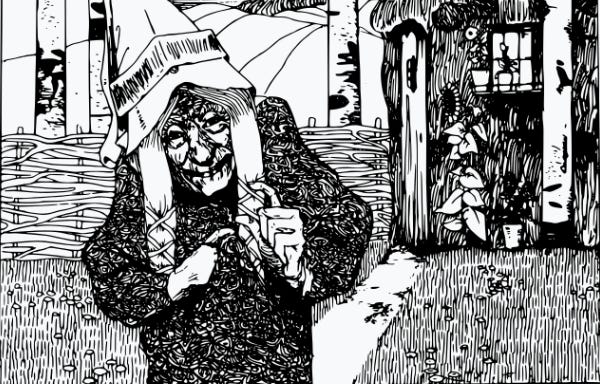on the mystique
Art and looking into the future
Artists, as much as they are disvalued, can be seen as prophets. As absolutists. As if calling them seers lets us off the hook for not seeing what was right in front of us. Wrapped in mystique, it is the work of art to deliver warnings from some ethereal plane, from another angle.
One of the very first pieces I wrote for this newsletter was about one of these absolutists: Orwell, detailing his escapades into the Spanish Civil War and how his experiences influenced his popularly-prophetic work, 1984.
In an unearthed New Yorker piece from 1949, however, writer Lionel Trilling negates this prophetic fantasy almost immediately, stating within the first two sentences that Orwell’s foresight is “perhaps not of a transcendent kind.” It does not take a radical to understand the degradance that decays us all. It does not take a miracle to be awakened, to find the taste of disdain, sitting ever so slightly at the edge of your tongue.
The mystique that comes with looking into the future, or predicting it, comes with a certain complacence. A complacence that instead of doing something, instead of making a change, you have settled for what is to come. That you may not be content, but you understand the consequences of your own actions.
The mystique that comes with looking into the future is not a mystique at all.
It's simply a willingness.



